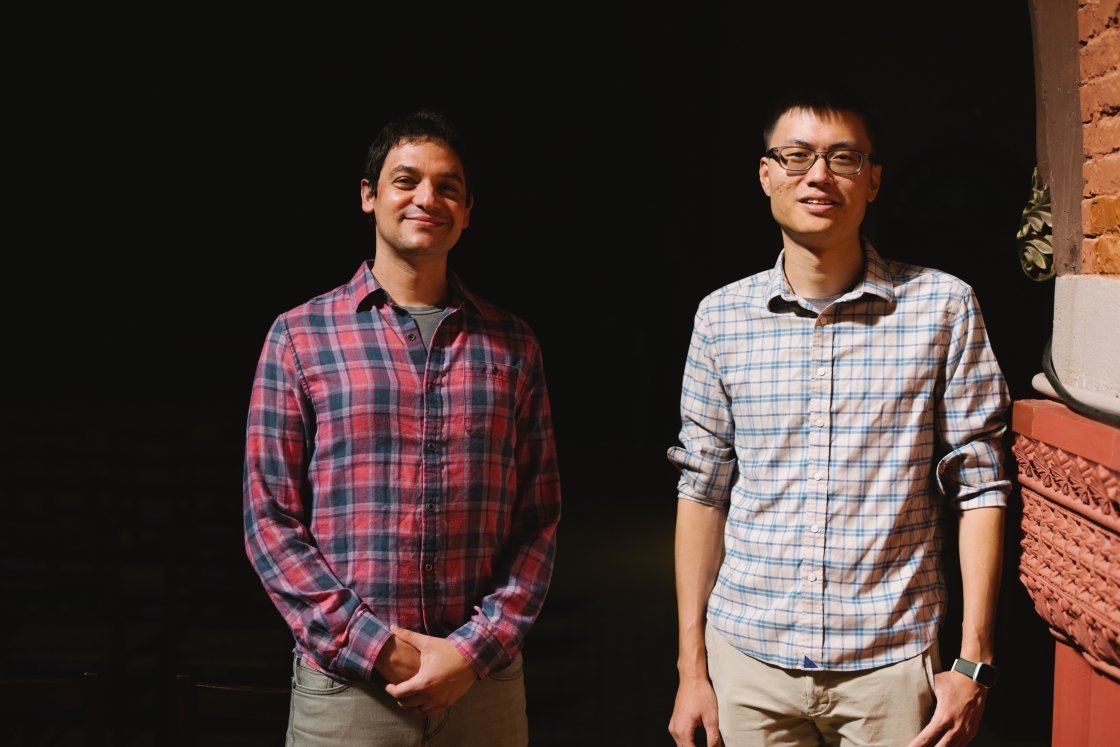Dec. 2, 2016 – Dartmouth College researchers have found no evidence of widespread voter fraud in the 2016 presidential election. Their findings were just released in a working paper evaluating Donald Trump’s allegations of voter fraud.
Nor did they find any striking abnormalities in the two sets of states recently highlighted as potentially problematic: Michigan, Pennsylvania, and Wisconsin (the subject of ongoing recount efforts) and California, New Hampshire, and Virginia (three states cited personally by Trump).
“Many Americans appear to believe that voter fraud is common and yet academic and journalistic research implies that it is very, very rare,” says co-author Michael C. Herron, professor of government at Dartmouth and visiting scholar at the Hertie School of Governance. “Many of these allegations of voter fraud were based on concerns that massive numbers of non-citizens would cast ballots in the election; however, my co-authors and I found no evidence that there was rampant voter fraud in the 2016 presidential election. As we note in the study, the voter fraud fears fomented and espoused by the Trump campaign are not grounded in any observable features of the election.”
The study focused on non-citizen populations, deceased individuals, the timing of results and voting technology.
The co-authors are available for comment: David Cottrell (david.cottrell@dartmouth.edu), post-doctoral fellow in the program in quantitative social science at Dartmouth College; Michael C. Herron (michael.c.herron@dartmouth.edu); and Sean J. Westwood (sean.j.westwood@dartmouth.edu), assistant professor of government at Dartmouth.

